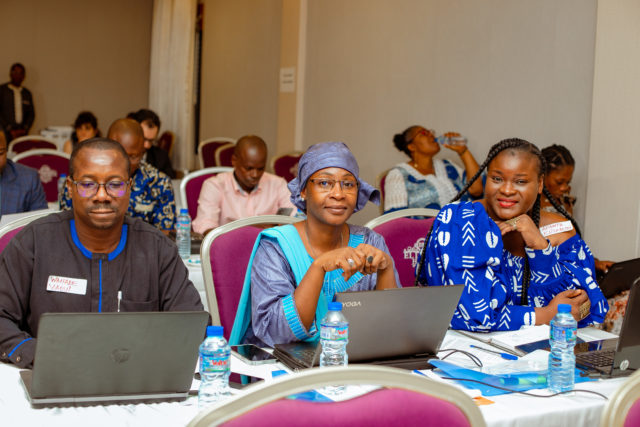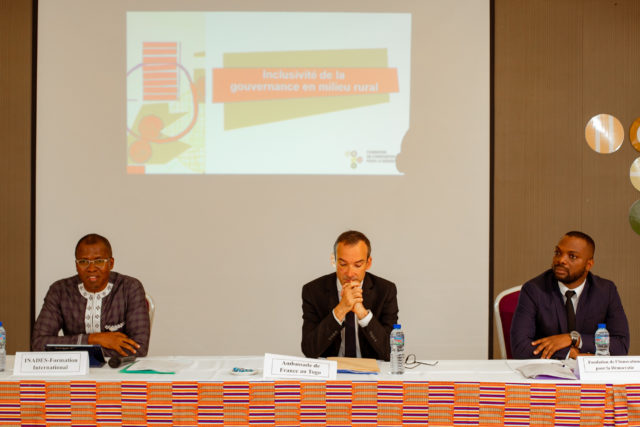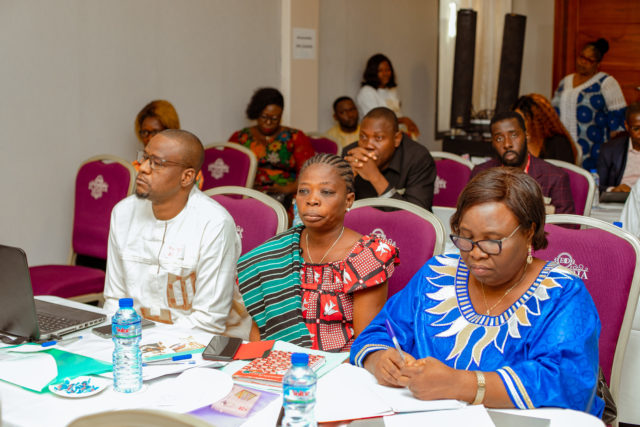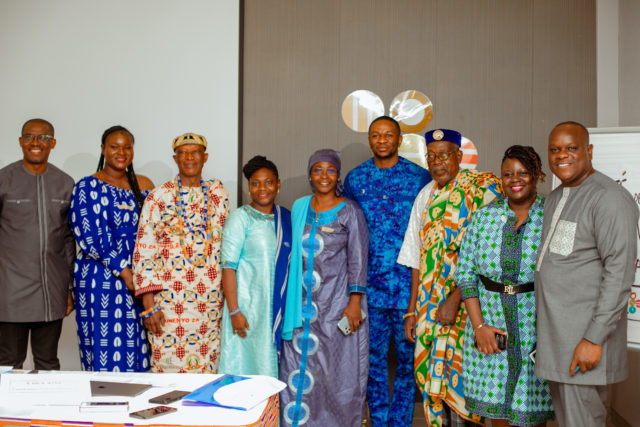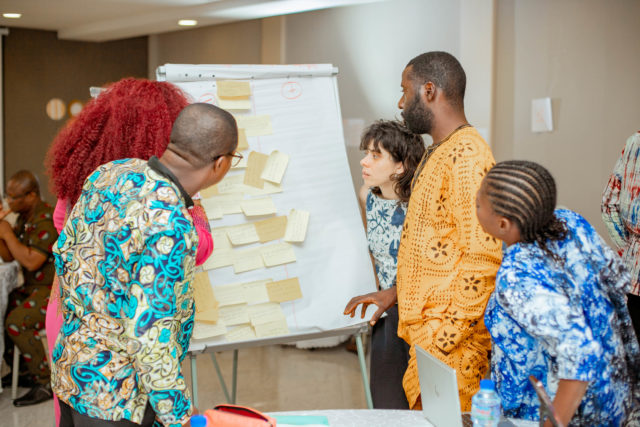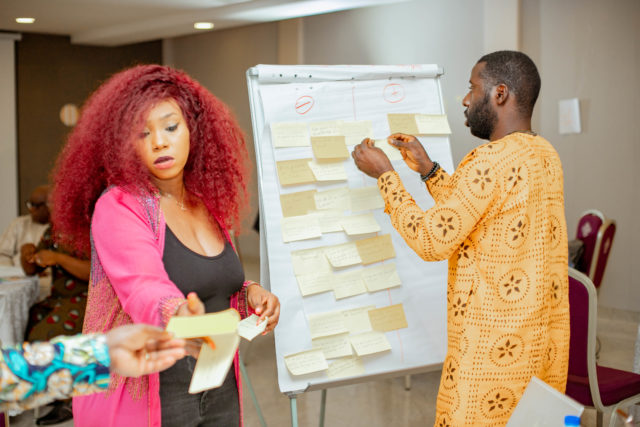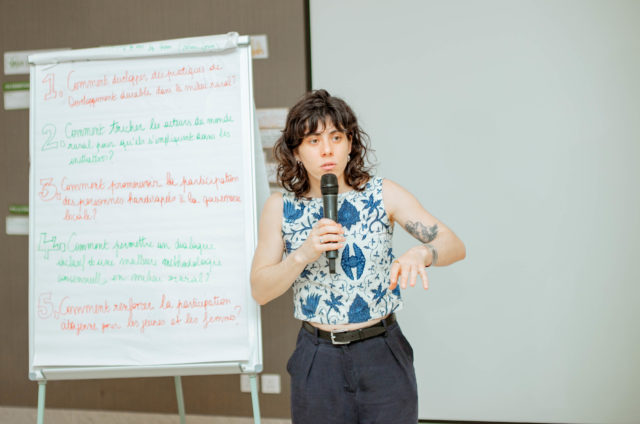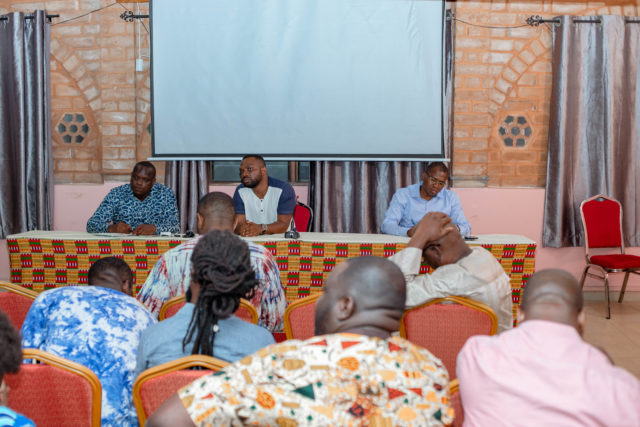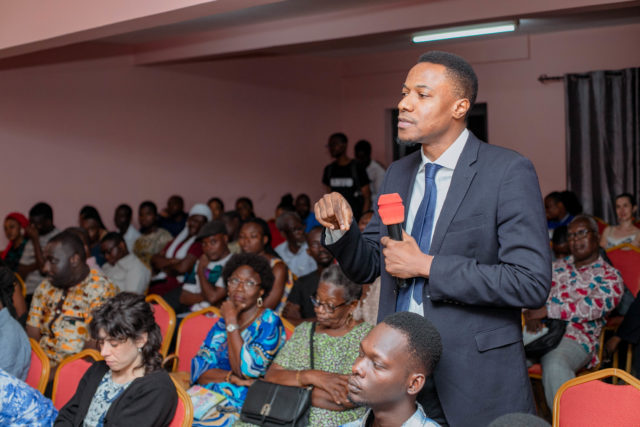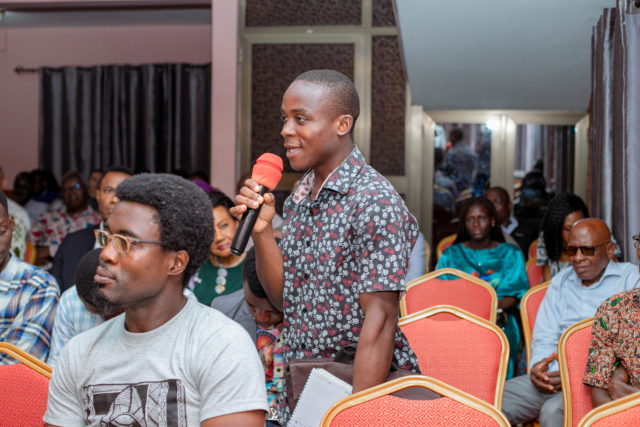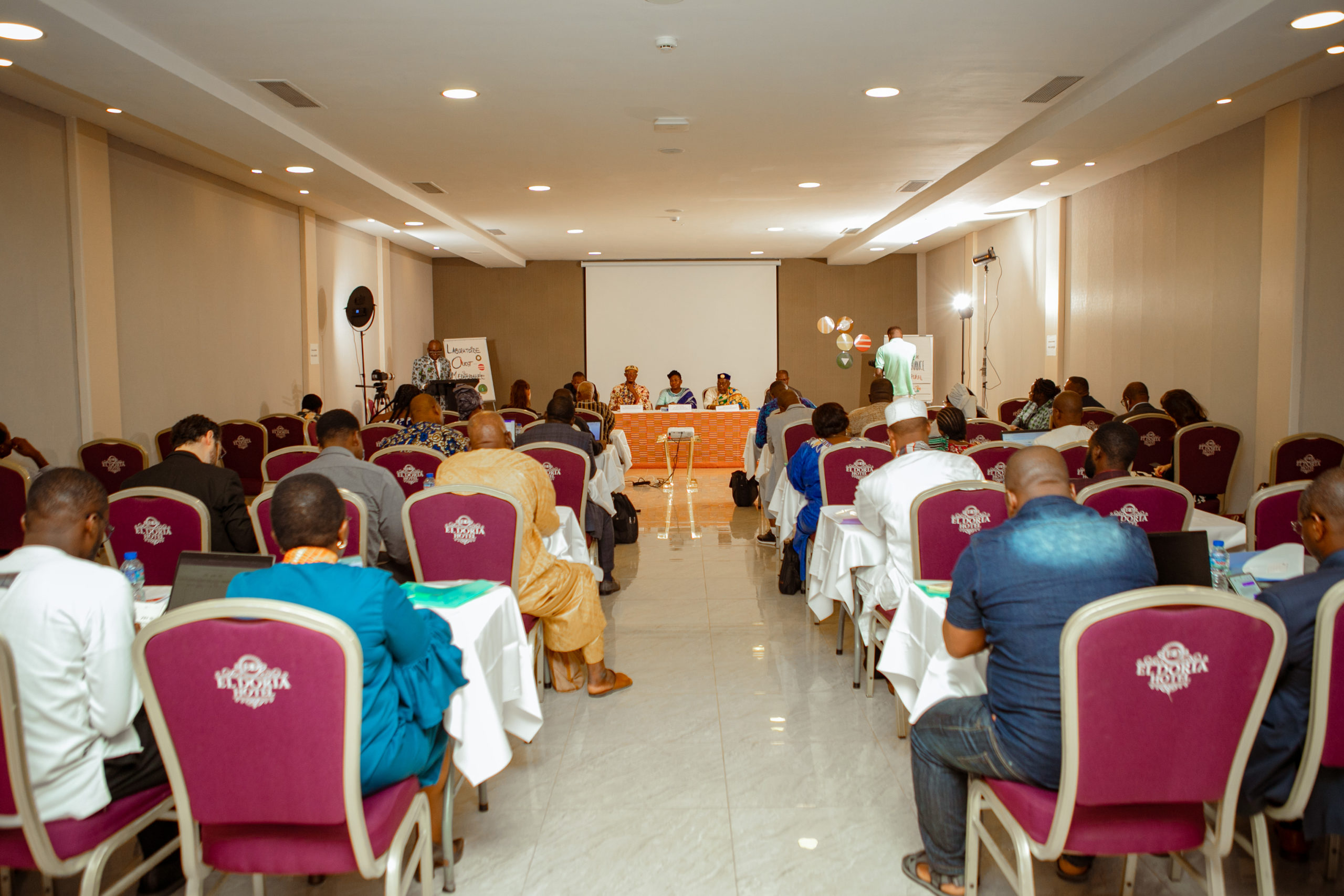Seminar in collaboration with INADES
The institutional forms of democracy differ from one society to another, and cannot be reduced to Western models. Reinventing democracy must therefore be based on indigenous heritages, local institutions and endogenous forms of community organization. If, in the past, the exercise of power in the terroirs was characterized by strong institutional differentiation, a plurality of representation and deliberation bodies, and the coexistence of several types of hierarchy and status within the same political community, what is the situation today, in the era of decentralization and the strengthening of local authorities?
Moreover, in African history and tradition, it is often at the local level and within small grassroots communities and neighbourhood associations that the most emblematic experiments in direct participation, broad-based citizen representation and even substantive democratic practices have taken place. It was also at this level that challenges concerning more or less equitable access for all to the means of existence (access to land, water, pasture and other means of subsistence, etc.) were best negotiated.
Because of their size, demographic make-up, complex links with towns and the cultural capital they still possess, rural areas could be prime sites for a potential revival of citizen participation, decentralized and in-clusive governance, and local democracy backed by a regional economy and markets. Privileged spaces of solidarity (lineage, clan or religious), but also of tensions between genders and generations, rural territories continue to play a major role in structuring local identities and legitimizing power dynamics. Today, however, they are subject to often abrupt transitions, conflicts and dislocations of various kinds, which profoundly challenge the survival of their populations. These changes require us to rethink the terms of inclusive governance and the requirements of rural democracy in the contemporary context of uncertainty and instability.
To examine these issues, Laboratoire Ouest & Méditerranée is organizing a seminar on “Inclusive governance and rural democracy” from March 10 to 12, 2024. The seminar will be held in Lomé (Togo), and will bring together a wide range of actors already involved in the transformation of rural territories: researchers, community leaders, local elites, women’s organizations, traditional authorities, entrepreneurs, religious leaders, youth, NGOs, etc.
The aim of the seminar is to assess the possibilities and limits of sustainable rural democracy in Africa, through cross-disciplinary dialogue. Based on field experiences, we will attempt to identify the conditions for a possible citizen renewal in rural areas. What are the tools for democratic functioning, expression and participation in local heritages that could be mobilized to build the future of rural territories?
In particular, we will look at the decentralization and democratization policies adopted in recent decades, and assess their political, economic and cultural impact. What legal frameworks now define the competences and powers of the various rural players (traditional chiefs, local elites, associations, age groups, women, etc.)? What about women’s rights (especially property rights such as access to land and inheritance rights) and those of “social cadets”?
Special attention will be paid to cultural capital, and to the ways in which local players do or do not transform it into a capacity for organized action. What forms of accountability do they inspire or enable? What about rural public spaces and the vitality or decline of associative life? What role do elites play in articulating the interests of rural communities? Which organizations and individuals act as intermediaries between the political sphere and the lives of rural people? What concrete responses do communities make to ecological and en-vironmental hazards and other factors of instability that test their capacities for resilience?
The analysis, dialogue and exchange, as well as the sharing of experiences, will lead to operational proposals that can be taken up as part of the Foundation’s research, training and support programs for flagship initiatives. If you would like to take part in this seminar, please contact us at: westafrican.lab@innovationdemocratie. org

